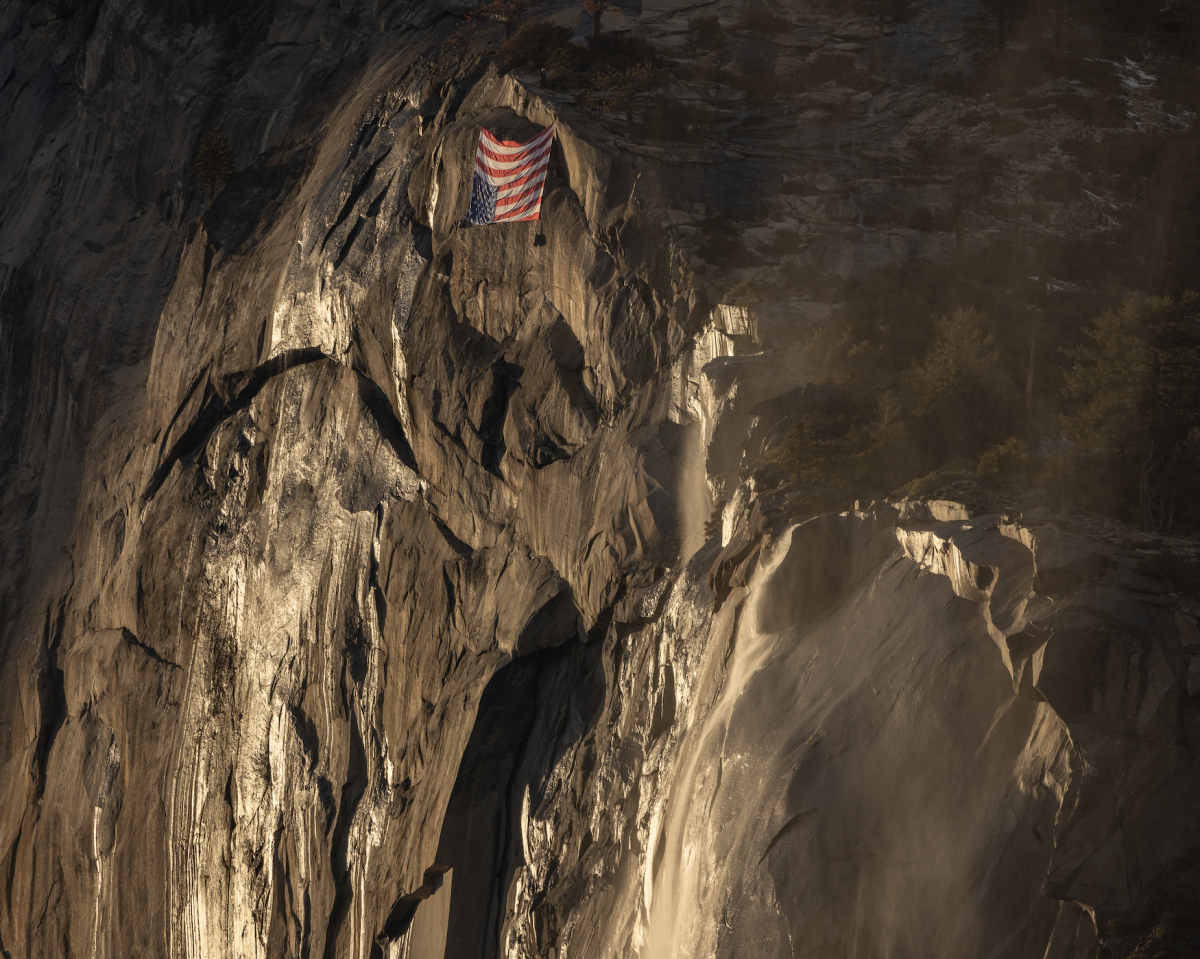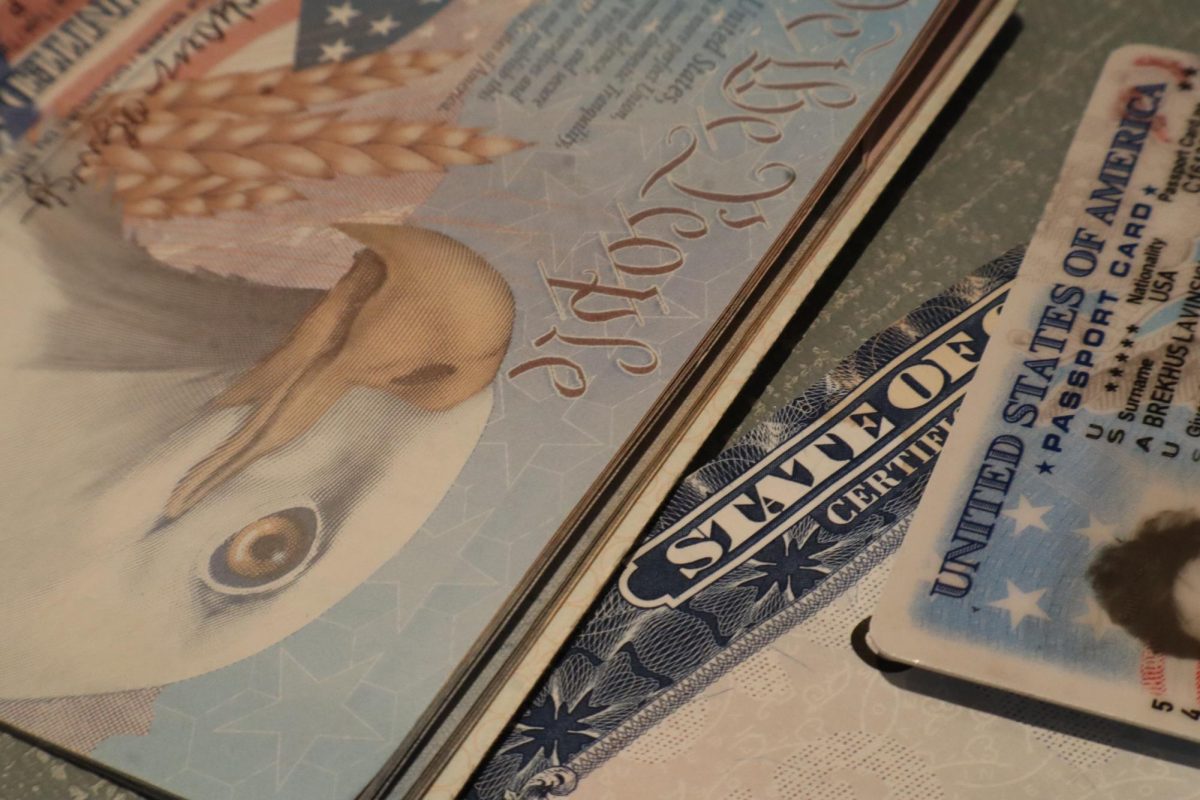A new ethnic studies course will be introduced in the 2024-25 school year after a recent four to one vote by the Tamalpais Union High School District (TUHSD). This course will replace the World Cultures & Geography class for freshmen.
In 2021, California Governor Gavin Newsom approved a new law requiring all high school students to complete a one-semester course in ethnic studies. The law requires the class to be mandatory for all students graduating by 2030.

The proposed curriculum for this new course focuses on four races and ethnicities: African Americans, Chicanos/Latinos, Native Americans and Asian Americans. The state requires that this course not promote discrimination against any group or persons and instead encourages the teaching of “multiple perspectives.” Despite these guidelines, the way in which ethnic studies will be taught in California high schools remains controversial. California’s Board of Education first began drafting the course curriculum in 2016 and it underwent five revisions before being finalized in 2021.
During the February board meeting, TUHSD trustee Kevin Saavedra was the only one to vote against implementing this new course. Saavedra expressed concerns that the course could potentially cause hostility and disagreement.
“What I do not want is to see an over-emphasis on racism [in the course], which downplays the full history of the groups that this course is intended to represent,” Saavedra said.
The board had previously rejected a first draft of the course curriculum due to its focus on multiple types of bias beyond racial and cultural discrimination.
However, some educators like University of California Riverside ethnic studies professor Dylan Rodriguez believe that simply explaining the American experience of various races does not adequately address this topic.
“That [approach] is a bland form of multiculturalism,” Rodriguez said. “[Ethnic studies] is a critical analysis of the way power works in societies.”
According to the Pew Research Center, 64% of public school teachers believe they should teach that slavery’s legacy still impacts African Americans today. Senior Reenad Mussa similarly thinks teaching the treatment of different races cannot be avoided when learning about the history of a minority group.
“The foundation of culture today and history is how different people treat each other and how power, conflicts and disparities evolved into what they are now,” Mussa said. “I think it’s important for students to understand that so we can avoid [conflicts] in the future.”
Others fear that teaching ethnic studies in this way could cause increasing division among people. For example, the recent Israel-Hamas War has created significant controversy over how Jewish and Palestinian historical experiences should be taught — or if they will even be addressed — in this course. State Superintendent of Public Instruction Tony Thurmond believes the vague instructions for the course’s curriculum have been “weaponized by pro-Israel groups to enact anti-Arab, anti-Palestinian censorship” to avoid discussing the Palestinian perspective.
In fact, efforts to include the Palestinian perspective have led to multiple lawsuits. In September 2023, the Santa Ana Unified School District was sued by Jewish advocacy groups, claiming its ethnic studies course violated anti-bias guidelines under the new law. These groups claimed the curriculum characterized Israeli Jews as colonizers and Palestinians as oppressed people. Since then, Santa Ana’s approved ethnic studies courses have been put on hold.
Mountain View Los Altos High School district is also being sued by The Deborah Project, which is seeking evidence of antisemitic material in its ethnic studies program due to some parents’ concern about the tone of the curriculum.
Even if educators and politicians do not agree on how to implement this course, many agree on the importance of teaching this topic.
“America is shaped by our shared history, much of it painful and etched with woeful injustice,” Newsom said. “Students deserve to see themselves in their studies and they must understand our nation’s full history if we expect them to one day build a more just society.”






![“[The Scotty Lapp Memorial Skatepark signifies that] Scotty’s energy, fun vibes and spirit will live on forever,” Jason Lapp said.](https://redwoodbark.org/wp-content/uploads/2025/03/346E3938-2C25-4CBB-9D6B-0ED4BD4A242A_1_105_c.jpeg)

